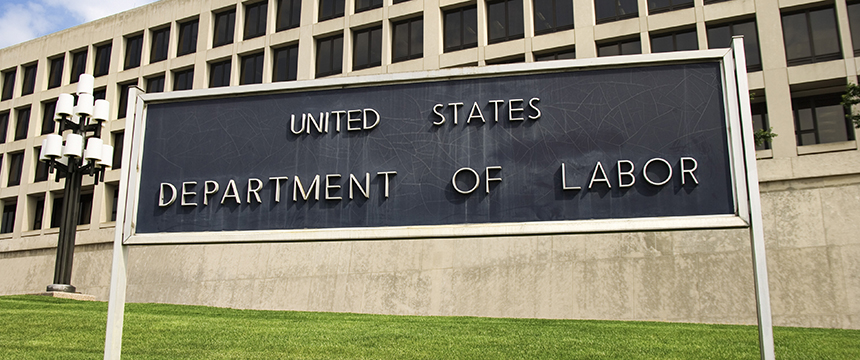Department of Labor Clarifies Family and Medical Leave Act Leave Includes Treatment in Clinical Trials

As our readers are aware, eligible employees may take leave under the Family and Medical Leave Act (FMLA) for the treatment of a serious health condition. However, does the FMLA apply when the employee is not necessarily receiving a treatment, but instead is part of a clinical trial in which they receive interventions that may or may not be effective (and in fact may receive placebos)?
On November 8, 2024, the Wage and Hour Division of the U.S. Department of Labor (WHD) issued an Opinion Letter addressing this question, clarifying that eligible employees may indeed take leave under the FMLA to participate in treatments that are offered in clinical trials for serious health conditions. The decision comes as a boon to many employees who suffer from conditions for which clinical trials provide a potential cure or avenue of relief. The decision also achieves the important policy goal of incentivizing diverse pools of candidates to participate in clinical trials, particularly when the trials target diseases that disproportionately affect historically underrepresented groups.
As WHD noted, clinical trials are research studies in which persons are assigned to interventions to evaluate the effects of those interventions on health-related biomedical or behavioral outcomes. Many employers had speculated that employees could not take FMLA leave for clinical trials because: (a) by their nature, clinical trials are intended to determine whether a particular intervention serves as a treatment (meaning that at the time of a trial, the employee is not receiving a “treatment”); and (b) there is usually no guarantee that the employee would actually receive the intervention under study rather than a placebo.
This speculation largely stemmed from gaps in the ways that the regulations defined the term “treatment.” For instance, the term includes “examinations to determine if a serious health condition exists and evaluations of the condition.” 29 C.F.R. § 825.113(c). It can also relate to a course of prescription medication or therapy requiring special equipment to resolve or alleviate a health condition. 29 C.F.R. § 825.113(c). However, it does not include routine physical examinations nor activities like bed rest that can be initiated without a visit to a health care provider.
Against this backdrop, WHD opined (in the recent Opinion Letter) that employees may take FMLA leave irrespective of whether the “treatment” is new, experimental, or a placebo. In reaching this conclusion, WHD noted that the Department of Labor has historically interpreted the term “treatment” broadly. WHD also noted that the FMLA regulations do not require employees to disclose their precise treatment plan nor their prescribed medication in order to take FMLA leave.[1]
WHD also alluded to the policy goals that would be served by including clinical trials in the definition of “treatment”. Specifically, WHD acknowledged the concern that “[c]larifying access…is a critical aspect to ensuring equitable access to clinical trials since underserved and under-resourced patients face the most significant risks from job or benefit loss.” To that end, determining that “treatment” includes clinical trials helps employees who may need time off to participate in experimental treatments while also ensuring that clinical trials, many of which are funded by federal grants, are supported with the most representative data samples possible.
Relevant examples which illustrate these principles, as provided by WHD, are as follows:
Example 1: “Janelle has sarcoidosis, an inflammatory autoimmune disease that affects her breathing. Janelle receives treatment for sarcoidosis at least twice a year and, as such, the condition qualifies as a chronic serious health condition under the FMLA. Janelle meets the FMLA eligibility criteria. Janelle is interested in volunteering to participate in a clinical trial for the treatment of sarcoidosis but is concerned that if she changes her current treatment plan the amount of time she needs to take off work may change. Under the FMLA, Janelle may use FMLA leave to receive treatment in the clinical trial and recover from treatment, including if there are changes in treatment or in her response to treatment due to her participation in the clinical trial.”
Example 2: “Bernard has cancer and is participating in a clinical trial for a new drug intended to help patients manage side effects from chemotherapy. Bernard meets the FMLA eligibility criteria. In the clinical trial, Bernard does not know whether he has been prescribed the new drug or a placebo. Bernard may use FMLA leave intermittently for time spent receiving chemotherapy and participating in the clinical trial, including recovery time.”
With the clarification provided by the WHD’s Opinion Letter, employers should take care to avoid denying leave to employees otherwise eligible for FMLA based on their involvement in a clinical trial.
[1] See 60 Fed. Reg. 2180, 2192, 2195 (Jan. 6, 1995); see also 29 C.F.R. § 825.306.
